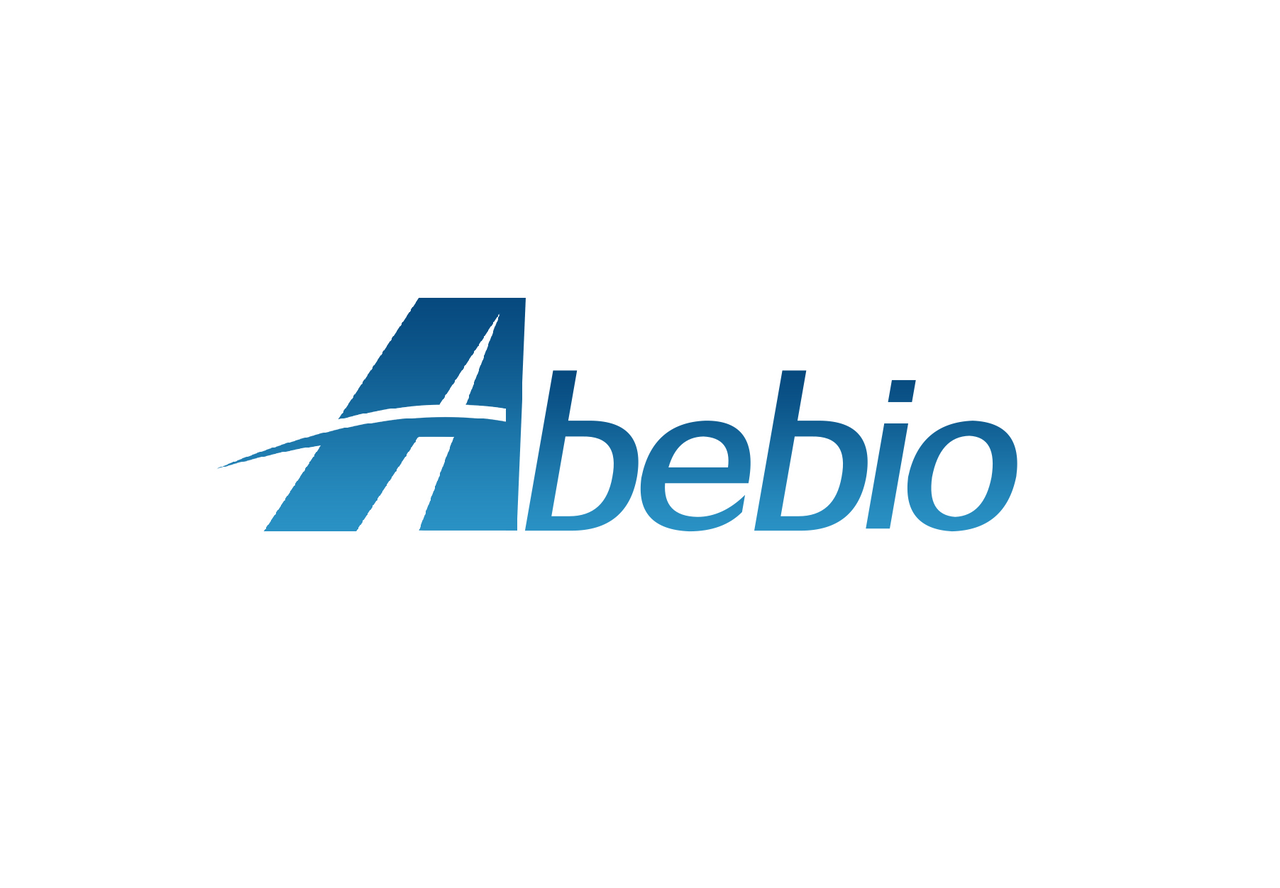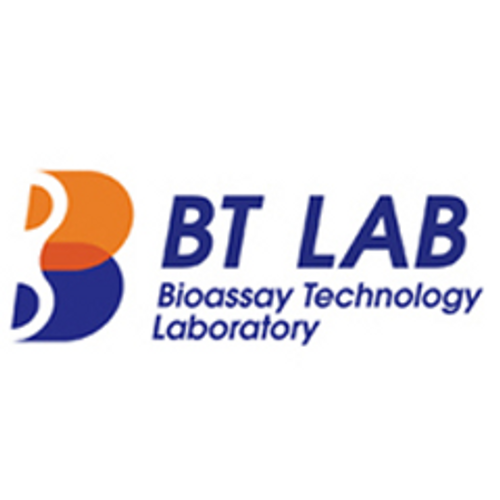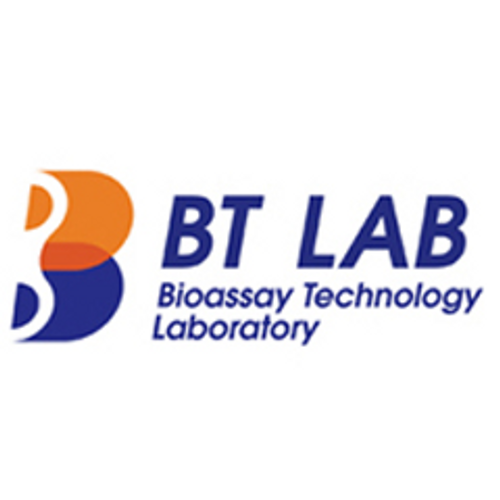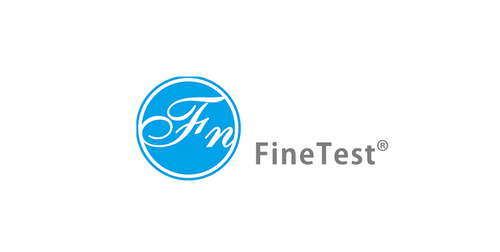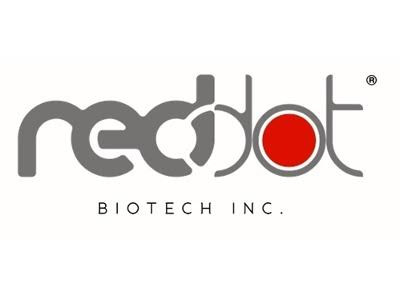Product Description
Sheep Free thyroxine (FT4) ELISA Kit | AE63300SH | Abebio
Species Reactivity: Sheep (Ovis aries)
Abbreviation: FT4
Alternative Name: FTI
Application: ELISA
Range: 1.11-90 pg/mL
Sensitivity: 0.48 pg/mL
Intra-Assay: ≤4.2%
Inter-Assay: ≤8.5%
Recovery: 0, 96
Sample Type: Serum, Plasma, Other biological fluids
Detection Method: Sandwich
Analysis Method : Quantitive
Test Principale: This assay employs a two-site sandwich ELISA to quantitate FT4 in samples. An antibody specific for FT4 has been pre-coated onto a microplate. Standards and samples are pipetted into the wells and anyFT4 present is bound by the immobilized antibody. After removing any unbound substances, a biotin-conjugated antibody specific for FT4 is added to the wells. After washing, Streptavidin conjugated Horseradish Peroxidase (HRP) is added to the wells. Following a wash to remove any unbound avidin-enzyme reagent, a substrate solution is added to the wells and color develops in proportion to the amount of FT4 bound in the initial step. The color development is stopped and the intensity of the color is measured.
Product Overview: Hyroxine (T4), a form of thyroid hormones is the major hormone secreted by the follicular cells of the thyroid gland. Over 99% of thyroxine (T4) circulates in blood is bound to thyroxine-binding globulin (TBG) . However, only the free (unbound) portion of Thyroxine is responsible for the biological action. Further, the concentrations of the carrier proteins are altered in many clinical conditions, such as pregnancy. In normal thyroid function as the concentrations of the carrier proteins alters, the total T4 level changes so that the free T4 concentration remains constant. Thus, measurements of free T4 concentrations correlate more reliably with clinical status than total T4 levels. Free thyroxine (T4) can be measured directly (FT4) or calculated as the free thyroxine index (FTI) . The FTI tells how much free T4 is present compared to bound T4. The FTI can help tell if abnormal amounts of T4 are present because of abnormal amounts of thyroxine-binding globulin.
Stability: The stability of ELISA kit is determined by the loss rate of activity. The loss rate of this kit is less than 5% within the expiration date under appropriate storage condition. The loss rate was determined by accelerated thermal degradation test. Keep the kit at 37°C for 4 and 7 days, and compare O.D.values of the kit kept at 37°C with that of at recommended temperature. (referring from China Biological Products Standard, which was calculated by the Arrhenius equation. For ELISA kit, 4 days storage at 37°C can be considered as 6 months at 2 - 8°C, which means 7 days at 37°C equaling 12 months at 2 - 8°C) .
 Euro
Euro
 USD
USD
 British Pound
British Pound
 NULL
NULL

